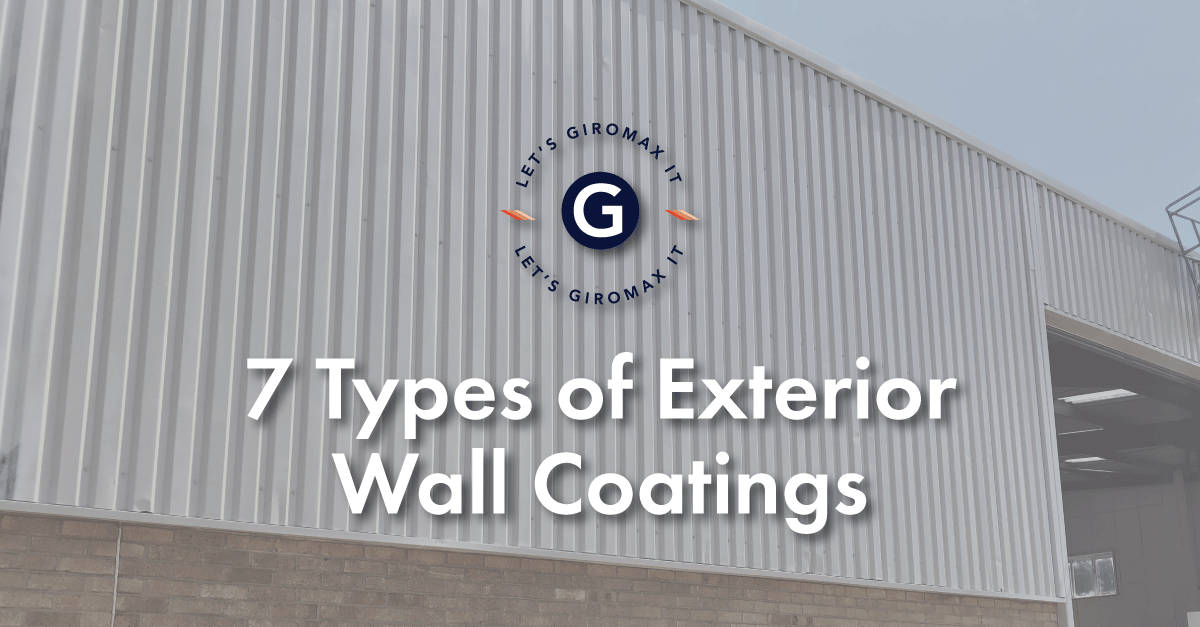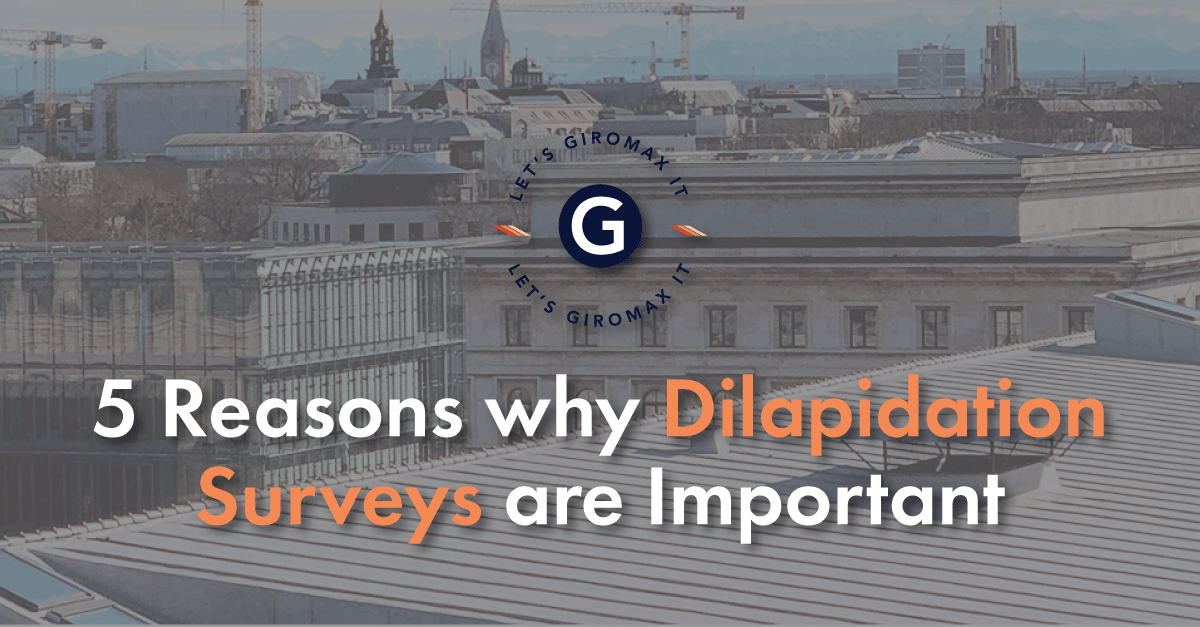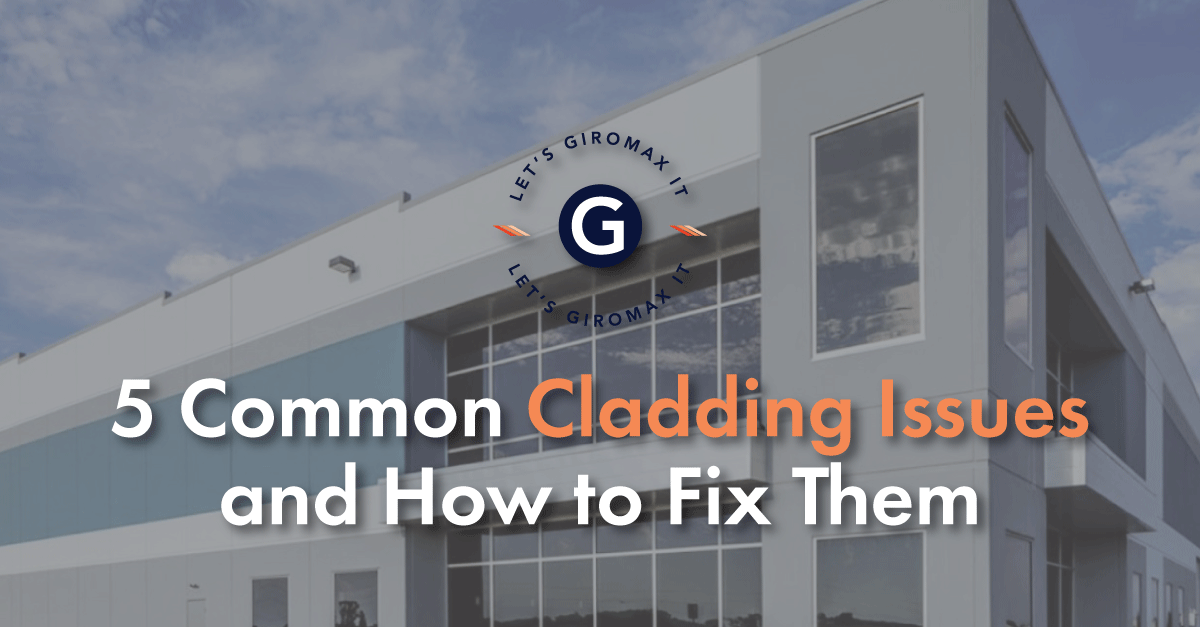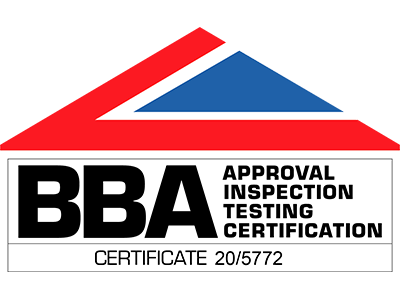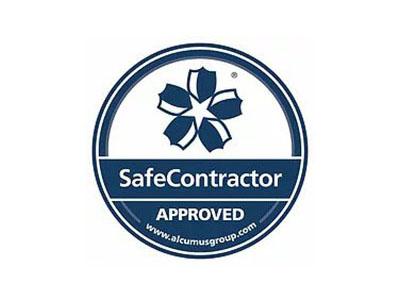7 Types of Exterior Wall Coatings
From silicone to acrylic coatings, masonry paint to thermal insulative coatings, we look at the various types of exterior coatings available.
When it comes to different wall coatings, it’s important to match the right one to the substrate and to check the formula’s properties. In this article, we look at various types of exterior wall coatings that can be applied to building walls and cladding.
Silicone Wall Coatings
Silicone wall coatings are commonly used as a protective layer for exterior walls and masonry. Highly resistant to water and heat, this material also helps to disperse colour pigments. Silicone coatings are resistant to fading and they are flexible, which prevents cracking. As this type of coating is breathable, it allows trapped moisture to escape from the substrate, helping to prevent dampness and mould growth.
However, silicone coatings do have some disadvantages. This material is prone to tearing, which means that walls can easily become damaged. When the silicone coating has been torn, this leaves the wall or cladding underneath exposed to the elements.
Acrylic Wall Coatings
Acrylic wall coatings are a popular option for exterior wall applications. Known for their strong adhesion, flexibility, and durability, this type of coating is made from acrylic resins. The acrylic coating forms a protective barrier that can withstand various weather conditions. Available in a wide range of colours and finishes, including matte and glossy, acrylic coatings can be applied to various substrates. Easy to apply, they can be a cost-effective solution for protecting exterior walls.
There are some cons to acrylic coatings, which will depend on the individual product. Acrylic coatings can be porous, allowing too much moisture to be absorbed. Depending on the exterior wall, permeating water can lead to dampness, erosion or corrosion.
Masonry Paints
Masonry paints are specialised coatings designed for application on brick, stone, and concrete surfaces. These paints offer strong adhesion, durability, and weather resistance. Protecting against harsh environmental conditions such as rain, wind, and UV rays, this paint often contains additives that can resist mould and algae. Masonry paints are breathable, allowing moisture to evaporate from the substrate, preventing dampness.
As masonry paints usually consist of oil-based formulas, they are not suitable for every type of substrate. Although you can use this type of exterior wall coating on metal cladding, it is usually recommended to use a metal primer first. If you have a large building that requires an exterior wall coating, masonry paint can prove to be a very expensive option.
Thermal Insulating Coatings
Thermal insulating coatings can enhance a building’s energy efficiency by reducing heat loss. These coatings contain special insulating materials, such as highly reflective pigments and other compounds that create a thermal barrier when applied to exterior walls. This barrier helps to maintain a consistent indoor temperature by reflecting heat in the summer and retaining warmth in the winter. These coatings are also weather and UV ray resistant.
Many types of thermal insulative coatings can be difficult to spray with a uniform approach. There are also environmental considerations, as the formulas may contain VOCs and solvents.
Self-Cleaning Coatings
Self-cleaning coatings for exterior walls use advanced technology to keep surfaces clean with minimal maintenance. These coatings are typically made with hydrophobic or hydrophillic properties, causing water and dirt to repel or break down naturally when exposed to sunlight. The hydrophobic effect turns water droplets into beads that roll off the surface, taking dirt and grime along with them. These coatings are typically used for buildings in polluted or wet environments, as they reduce the need for frequent cleaning.
There are certain challenges with self-cleaning coatings that can affect their practical use. The way these coatings interact with atmospheric charges and radicals can reduce its stability and functionality.
Textured Coatings
Textured coatings are a type of exterior wall finish that is often used to add depth and dimension to a building’s aesthetic appearance. These coatings usually contain sand, silica or other materials to create the textured surface on application. Available in various styles, including smooth, rough, or patterned, textured coatings can be used to hide wall imperfections. This coating offers weather resistance, impact resistance, and breathability.
Textured wall coatings are usually applied to homes or buildings where the overall aim is to enhance visual appeal. They are not usually used on industrial buildings and can be susceptible to cracking and blistering.
Giromax® Wallcoat
Giromax® Wallcoat is a specially designed coating for exterior walls. Its advanced formula offers outstanding resistance to UV radiation, weather conditions and exposure to chemicals. Highly durable, as well as being quick and easy to apply through roll, spray or paint, this exterior wall coating is the perfect solution for industrial buildings.
Available in a wide range of colours and a semi-matt finish, Giromax® Wallcoat will both protect and enhance the aesthetic appeal of your building.
Conclusion
Choosing the right exterior wall coating for your building will depend on the type of substrate. Giromax® Wallcoat can be used on a variety of different cladding and enables you to maintain and repair walls that have been exposed to wear and tear.
Giromax® Wallcoat is a cost-effective solution for building owners that avoids the expense of installing replacement cladding. The coating is guaranteed for up to 25 years. For other types of coating, please see our full range of products. Our team have decades of experience advising contractors, surveyors and building owners on suitable coatings.
For more information about exterior wall coatings and technical guidance on application, call 01455 558969 or email: sales.orders@giromax.co.uk
Get updates from us
Sign up to our newsletter to receive all the latest news and insights from Giromax Technology.
Subscribe to NewsletterRelated articles
5 Reasons why Dilapidation Surveys are Important
Dilapidation surveys protecting your roof investment, ensuring compliance and safety standards, and accurate repair and maintenance planning.
5 Common Cladding Issues and How to Fix Them
Common cladding issues include cracking and structural damage, water ingress and moisture-related problems. We explore ways to fix cladding.
5 Commercial Roofing Industry Trends & Innovations in 2025
The latest commercial roofing industry trends include smart roofing technology, IoT, sustainable roofing solutions and advanced roof coatings…

